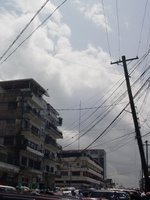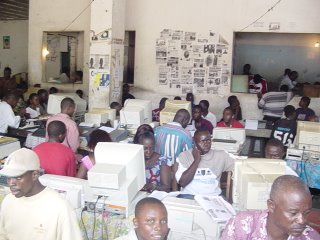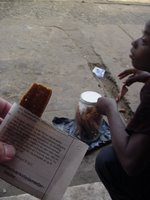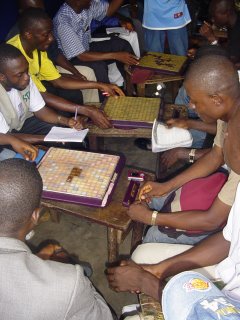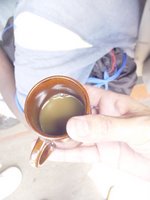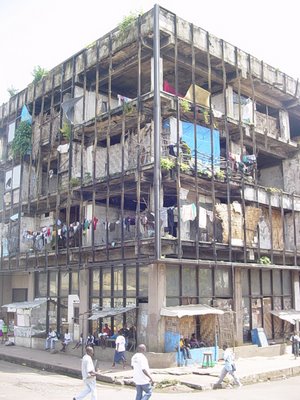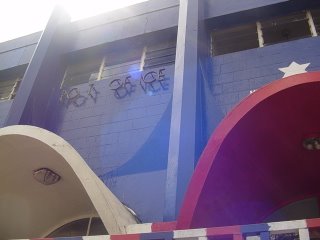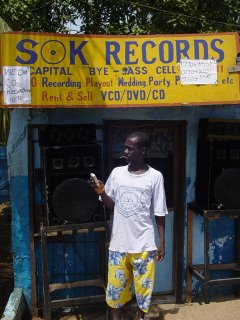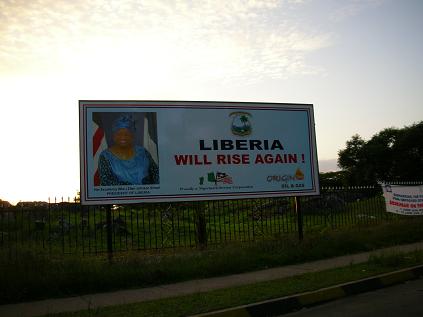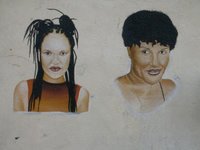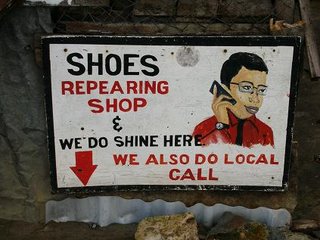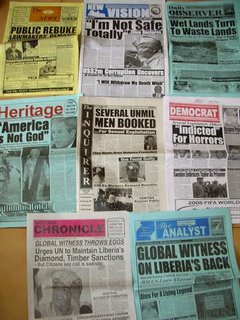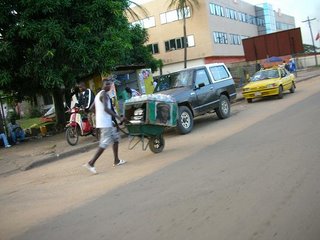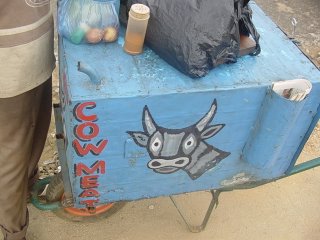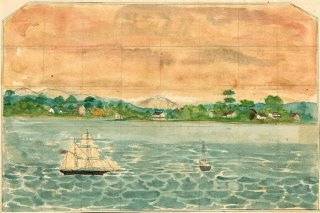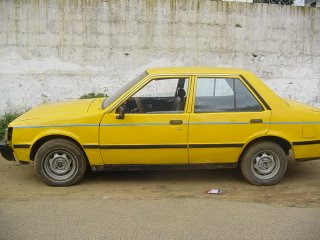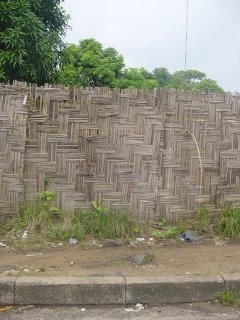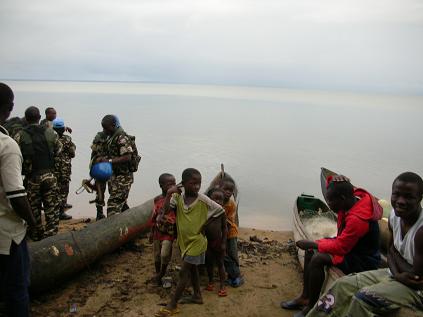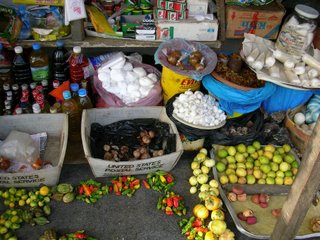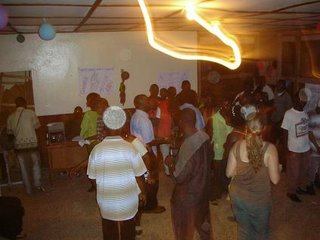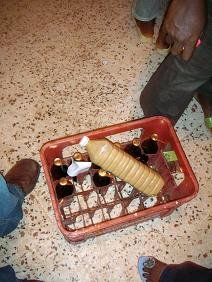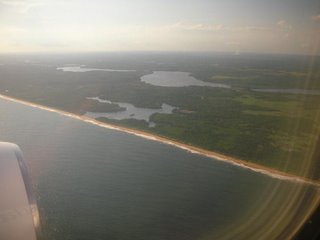
Day 3, Monrovia. Lots of rubble downtown, but it's mostly from the age of the buildings, and the weather. Light poles are being delivered in the next few weeks, they say. The Iron Lady is trying to bring back electricity on an accelerated schedule, but it’s not going as well as she had promised.
Security is an issue, though it’s okay to walk around in the daytime. Barbed wire in great overlapping loops surrounds the walls of any building with anything of value inside, including the house where we’re staying, Mendy’s place of work, and many concrete structures. The UN compound is surrounded with ten-foot tall concrete blocks.
Lack of any real sewage system means the sickly sweet tang of human doo-doo is all around. But that’s only outdoors. Unless you open the window.
And yeah it’s hot and sweaty. We’re just 6 degrees north of the equator!
Sometimes, where many English speakers would say, “Nice to meet you,” Liberians will say, “Thank you very much.” Kinda sweet!
Then there’s the handshake, which is a normal handshake until the end, when you slide back, pull your middle finger off of the other person’s middle finger, and snap! A Kenyan guy told me that the snap is a little symbol the Americo-Liberian triumph over slavery in the US. Can’t confirm that, but it sounds good.
People share the sidewalks with rainbow-colored lizards the size of big pickles. Smaller, less colorful lizards dart in and out of every culvert and cranny. The earth is red and any open patch is green with plant life.
UN Drive is the main road in town, “the only paved road in Liberia”, they say, bustling with overburdened taxis and mopeds (“ping-pings”). Muddy white UNIMOGs and Land Rovers carry giant antennae on their bumpers and air intake pipes on the roof, with UN or some NGO markings on the doors. Police and army uniforms are here from all over Europe and Africa, with only the light blue hat to tell you they’re one of the 15,000 peacekeepers.
For the first couple of weeks, we’re staying in a swanky compound next to the beach, “the nicest place to live in Monrovia,” according to the director of a prominent UK NGO. Then we’ll be moving into a more humble group house.
All electricity including ours comes from diesel generators, so we get about 2 hours of power in the morning and another six hours or so at night. Wake up, generators humming. Go out to eat, generators humming. Walk into a store, generators humming. It sounds like this: “Hmmmmmmmmmmmmm!” A Kenyan friend tells us, “When I leave Liberia for another country, at first I have to wonder why it’s so quiet all the time. Then I realize it’s the lack of generators!” Diesel fumes and human ca-ca create the musk of redeveloping Monrovia. [But not for long! The Ledger is not a defeatist publication. –Ed.]



